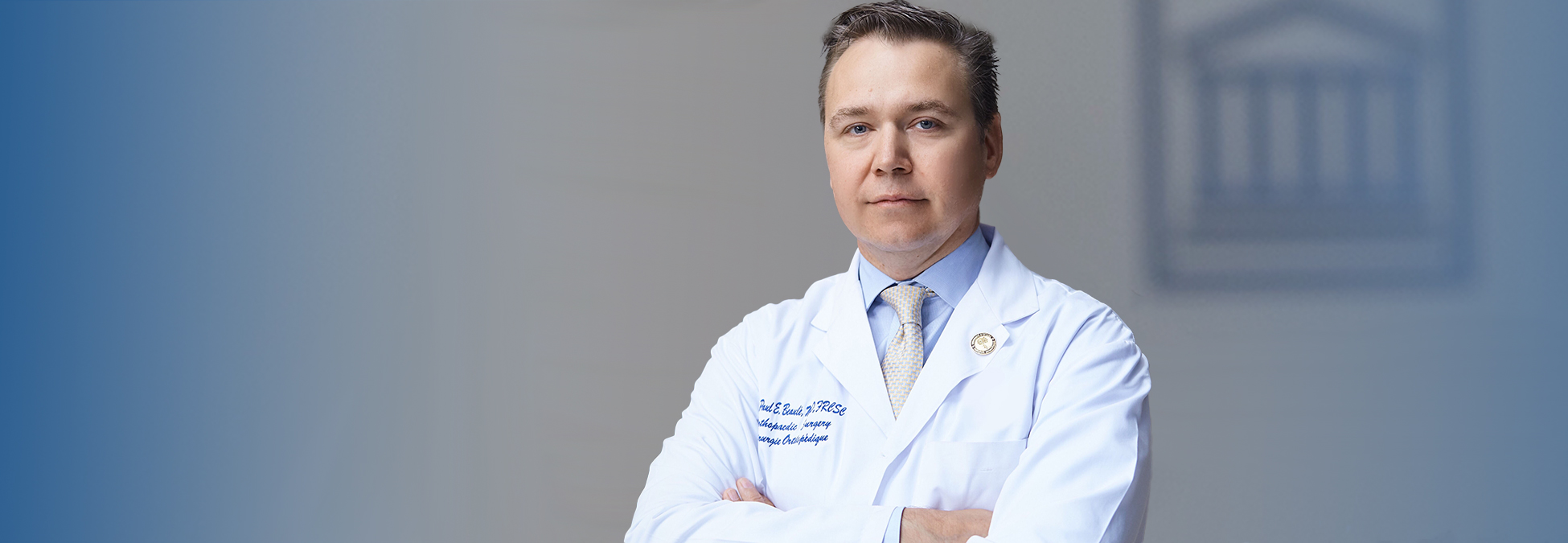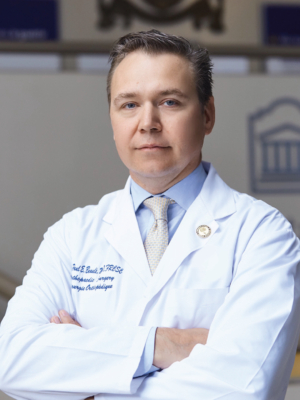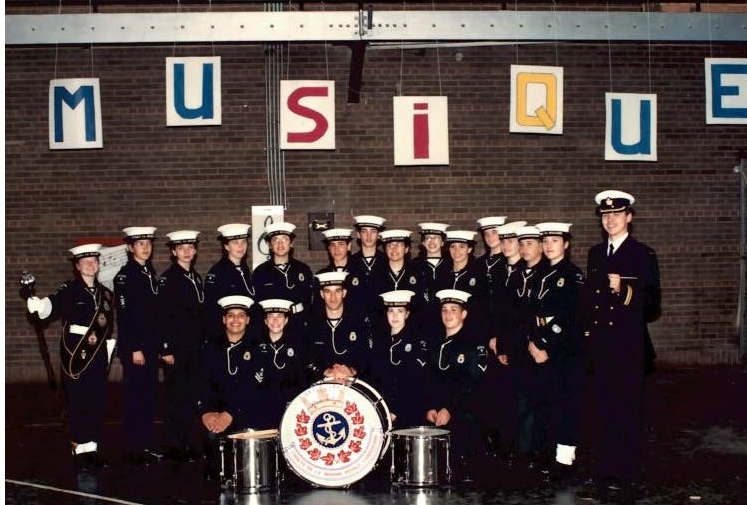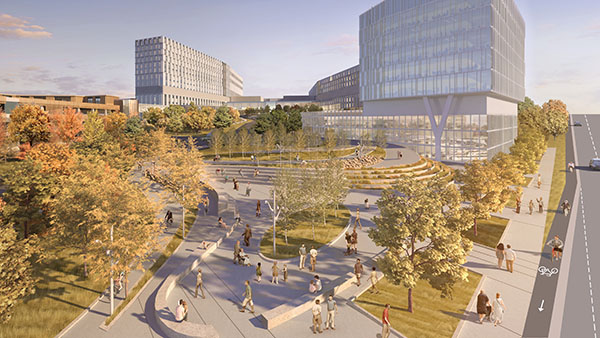
From Naval Officer to award-winning researcher
Meet orthopaedic surgeon Dr. Paul E. Beaulé

Dr. Paul E. Beaulé considers it a privilege to practice his art. The former Chief of Orthopaedic Surgery at The Ottawa Hospital (2015-2021) has spent his career refining and redefining this art — specializing in the preservation and replacement of hips while maximizing patient outcomes. When he’s not working directly with patients, Dr. Beaulé works as a scientist at The Ottawa Hospital, Director of Research and Innovation for the University of Ottawa Orthopedic Program, and more recently, Chief of Staff at Hawkesbury and District General Hospital.
With more than 350 papers and 200 lectures and workshops in several areas in orthopaedic research to his name, Dr. Beaulé is among the top 2% of most-cited authors in the world in the field of orthopaedics.
Despite so much on to go, Dr. Beaulé found some time to tell us more about what drives his research and why a better healthcare provider experience means better patient care.
Q: Can you tell us a little about your early years?
A: I’m originally from Quebec City. My first language is French, but my father sent us to English school, which was somewhat unusual in the ’70s, at the height of separatist movement. I always felt outside the box, outside the norm of practice, like I was challenging the status quo. That, I think, was a key foundation to some of my character or personality today.
I was also heavily involved in Sea Cadets. You define your area of interest within a larger organization — I was in band — and move up the ranks. It showed me how to follow a leader but also how to become a leader, and how to integrate with people of all walks of life. I was a musical instructor, and when you take a group of young teenagers and not only make them play an instrument but also play together and perform together, to me, it showed the importance of teamwork, collaboration, and education, which translated through my career as a researcher, educator, and leader.

Q: What drew you to medicine, and specifically to orthopaedics and research?
A: I became interested in medicine early on. I like it in terms of the stability, knowing your role. We had a close family friend who was an orthopaedic surgeon, and I heard what he’d dealt with. The technical aspect of orthopaedics and giving people back their quality of life is what drew me to the speciality.
I wasn’t really aware of the level of research intensity you could achieve in orthopaedics until I went to Los Angeles in 1998 for two years of fellowship — one at University of California, Los Angeles (UCLA) and one at University of Southern California (USC). There, I discovered that musculoskeletal research, which is the core of orthopaedics, has this reach in so many other fields of science. There’s a capacity to innovate on so many fronts, in terms of how you do your procedures, what implants we use, how we influence patient recovery, and just the sheer magnitude of the disease burden — musculoskeletal diseases are the number one chronic disability in the world!
Q: Can you tell us about some of the research you do at The Ottawa Hospital?
A: My research on hip disease and biomechanics was influenced by my years in Los Angeles, where I worked with two internationally renowned hip surgeons who opened my eyes to how hip surgeries can be quite versatile. We brought together a group of multidisciplinary investigators — in medical imaging, human biomechanics, and health sciences engineering — and built out a research program to look at patient outcomes, and for which we received several Canadian Institutes of Health Research (CIHR) grants. In 2018, we were awarded the Kappa Delta Award, which is the top research award in the world for musculoskeletal research, from the American Academy of Orthopaedic Surgeons. We were only the second group in Canada to get it. The program has continuously evolved since.
We collect patient-reported outcome measures (PROMs) in one of the largest platforms in Canada covering all orthopaedic specialities. We’re pushing the envelope when it comes to assessing how we do things better.
Another aspect of my research is the quality of care in orthopaedics and overall, within medicine. It’s mainly looking at how to improve the efficiency of our processes. I’m also looking at the healthcare provider experience, which has been at the forefront of HR challenges since COVID. It’s important because when you have a good healthcare provider experience, that impacts patient experience, and we’ll have a sustainable workforce.
Getting her life back
Q: What will the new campus development mean for your patients?
A: I think the new campus will help the patients in regard to their experience, but also the healthcare worker experience. We’ll have an improved workflow through the new layout and through the integration of technology and access to the most advanced imaging. This will all ease the patient’s journey, both mentally and physically.

Q: Where would we find you when you’re not at work?
A: The key is variety, and I squeeze in leisure where I can. The days are jampacked with work; some days I’m in Hawkesbury in the morning, have various administrative meetings, head back to Ottawa where I’ll provide clinical care, and then I’ll often have another couple meetings in the evening. If I finish early, I’ll go play a round of golf. Golf is something I enjoy tremendously. When I have work at the Civic or General campus, I’ll bike to work. The bike paths are a beautiful aspect of Ottawa: if I go to the General, I bike along the Rideau, if I go to the Civic, I bike along the canal. I’m so privileged to be able to do that.

